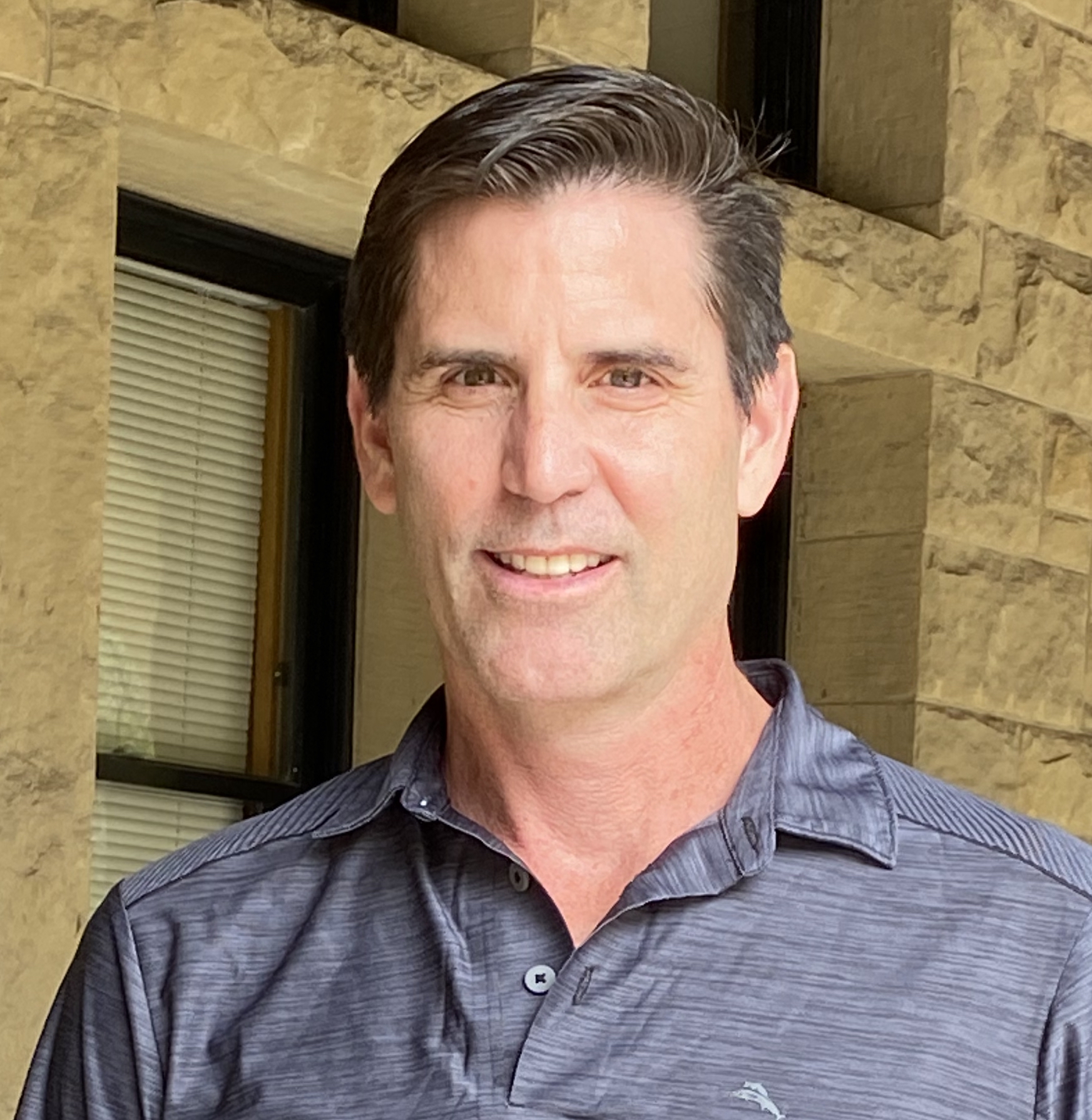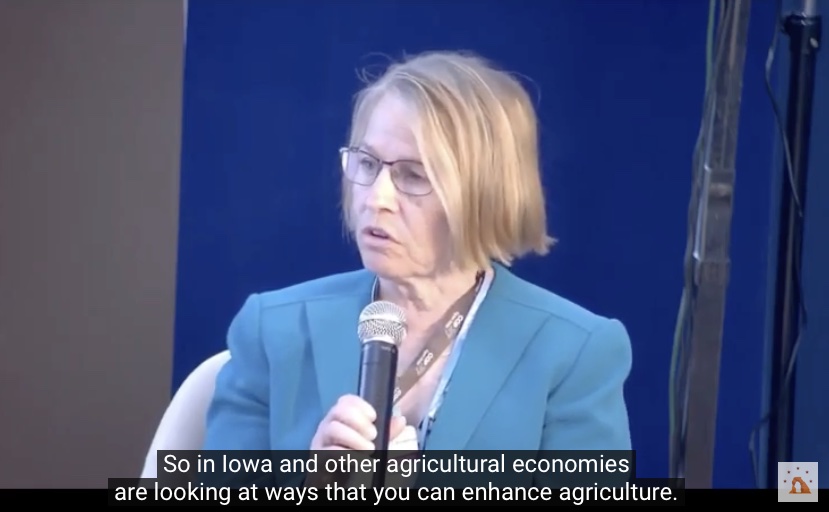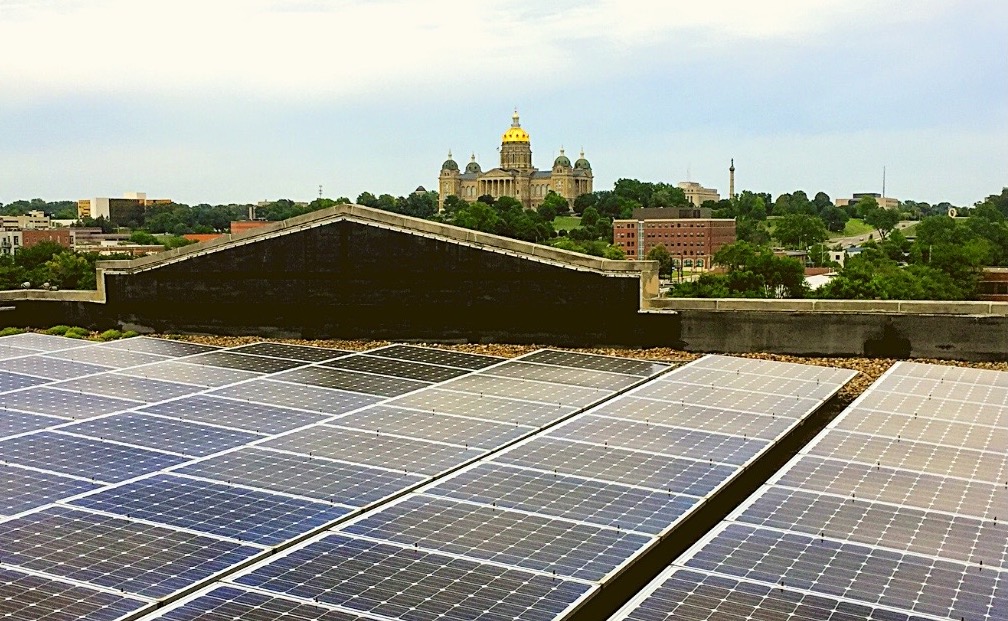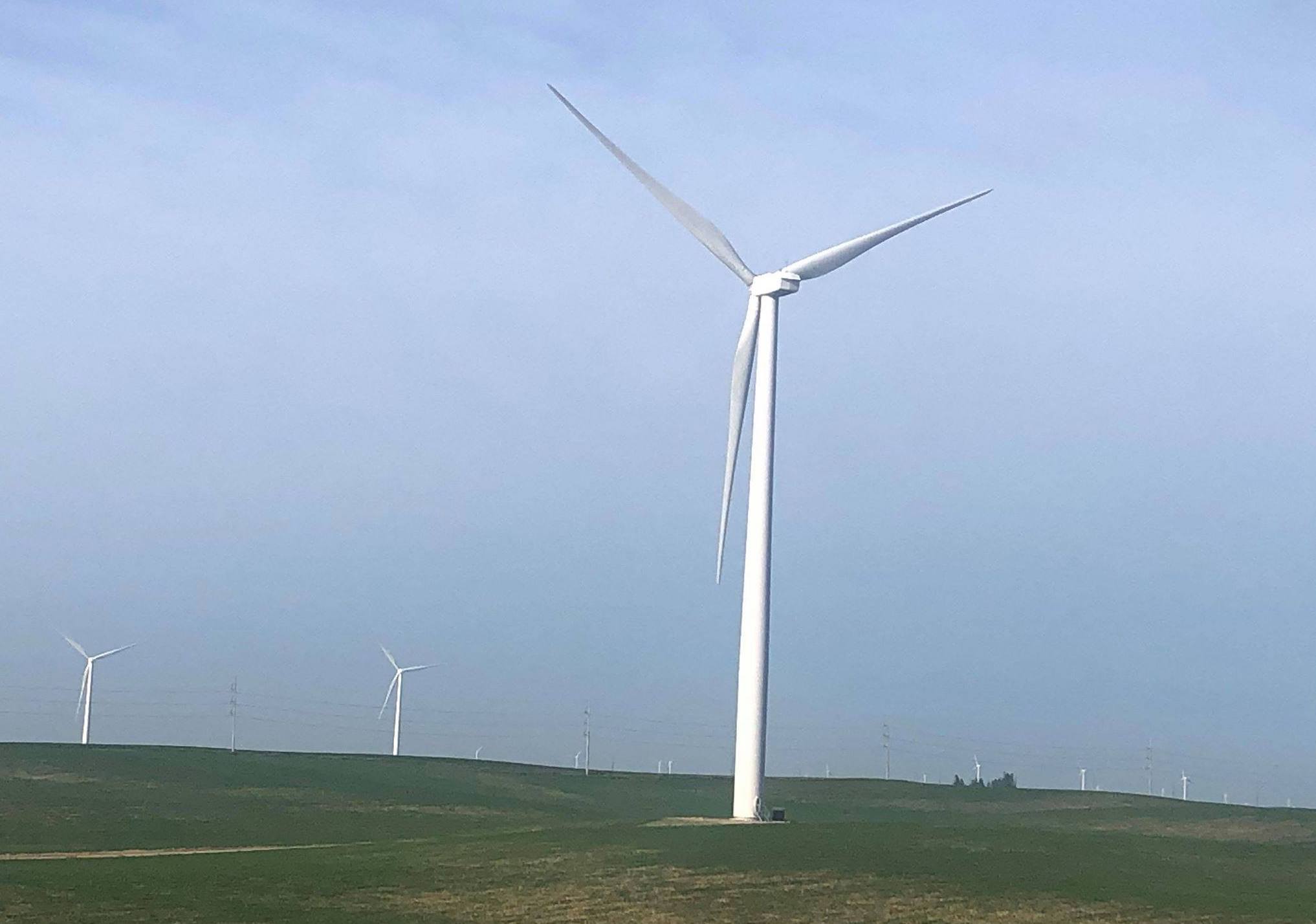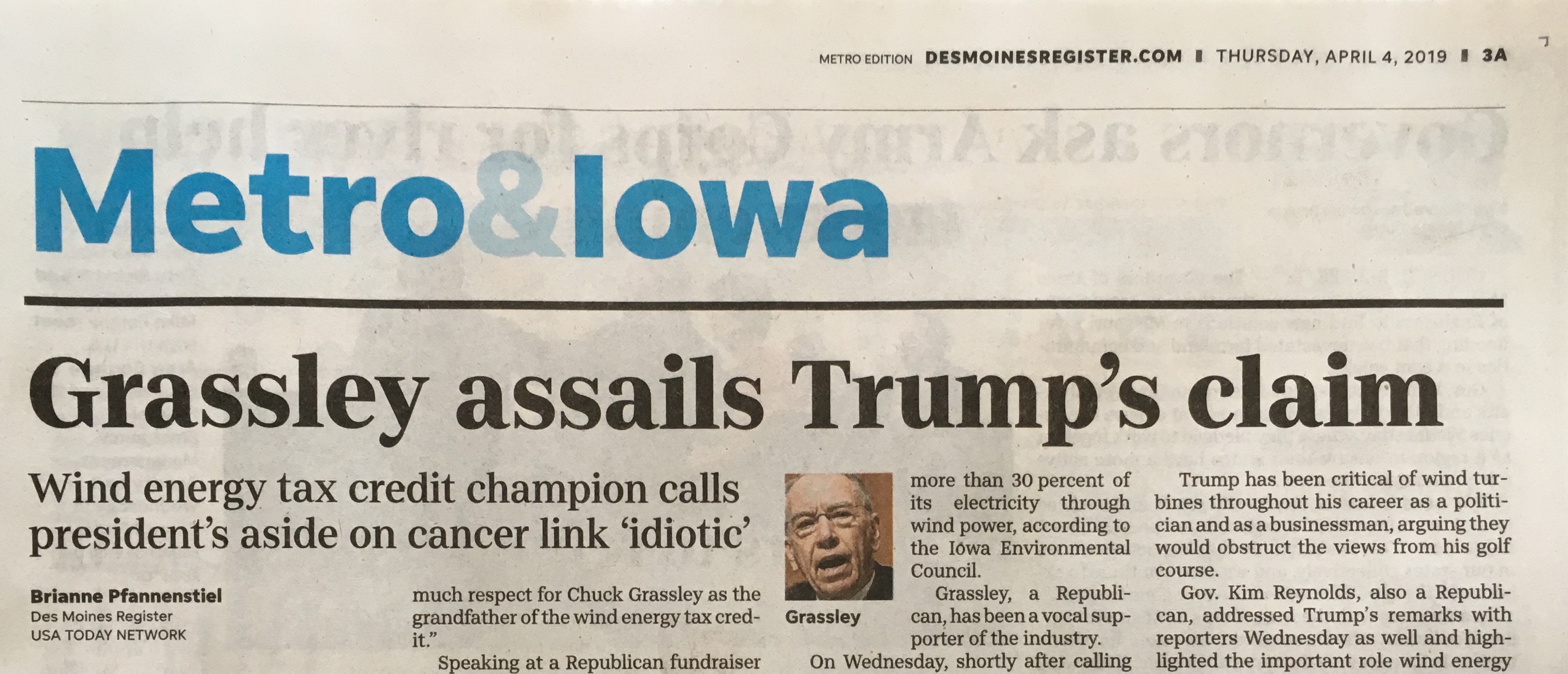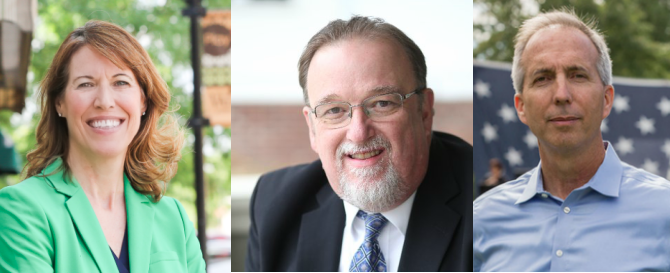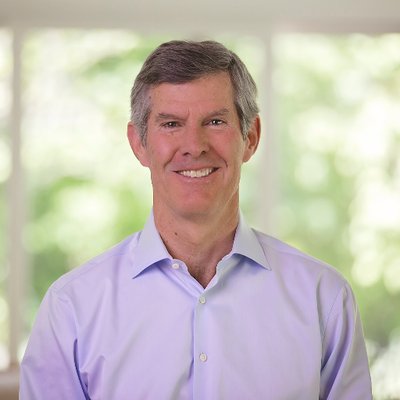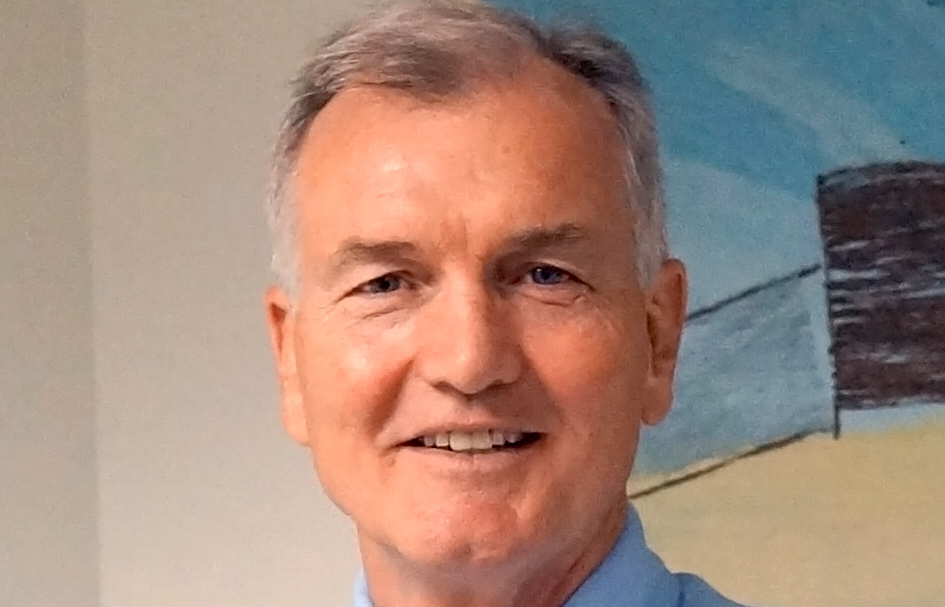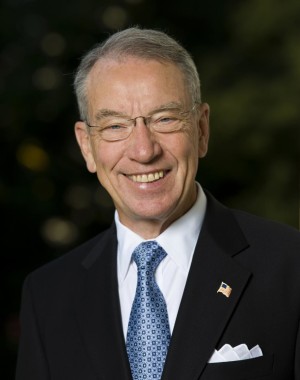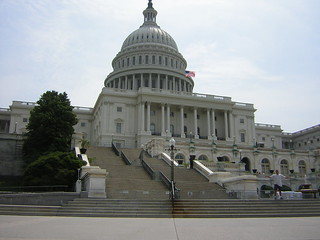Iowa is already one of the top states for wind power and could become one of the country’s solar power leaders as well. Unfortunately, Governor Terry Branstad has a mixed record on promoting alternative energy. On the plus side, Branstad has praised “tremendous potential for growth in solar energy.” He has signed bipartisan legislation to provide state income tax credits for renewable energy, including a bill last spring that tripled the annual amount of solar tax credits in Iowa.
On the other hand, last year the Branstad administration “surrendered a $1 million grant designed to make Iowa a nationwide leader in solar energy after electric utilities lobbied for major changes,” Ryan Foley reported for the Associated Press. You can view what that grant might have accomplished here. After the jump I’ve enclosed excerpts from Foley’s report on the e-mail correspondence.
Now we find out that last month the Iowa Economic Development Authority quietly sacked Paritosh Kasotia as leader of the state energy office. The Associated Press reported that Kasotia was “informed of her ouster Dec. 8 and stopped working the same day.”
Colleagues said Kasotia was not given an explanation for the termination, which came days after she returned from a national conference. An expert on alternative energy and energy efficiency, Kasotia oversaw tens of millions of dollars in funding for state and federal programs during her five-year state tenure. […]
Kasotia, 32, also became active in the National Association of State Energy Officials and served on the advisory council of the Iowa Energy Center at Iowa State University.
Gary Steinke, who served with Kasotia on the advisory council, called her a “national leader in alternative energy.”
“My reaction is that I’m shocked and disappointed,” said Steinke, president of the Iowa Association of Independent Colleges and Universities. “She brought a wealth of knowledge and information to the advisory council and she will be sorely missed.”
Last year, Kasotia helped land a competitive $1 million grant from the U.S. Department of Energy to make Iowa a leader in solar energy. Environmentalists said the grant would cut costs and regulations to speed solar adoption. Branstad had written a letter in support. But state officials ended up giving up the grant after utility lobbyists complained they had not been consulted and objected to the grant’s scope.
The move was seen as an embarrassment to the energy office, which started meeting routinely with representatives from utilities such as Alliant Energy and MidAmerican to get input on grant applications.
I sought comment from the governor’s office on why Kasotia was fired. Governor Branstad’s spokesman Jimmy Centers responded, “Iowa law prevents our office from commenting on personnel matters. It’s important to note that state agencies, not the governor’s office, handle personnel matters within their departments.”
Raise your hand if you think Iowa Economic Development Authority Director Debi Durham would fire a senior official in her department without running it by the governor’s office.
Incidentally, Kasotia was a merit employee in the Office of Energy Independence under Governor Chet Culver. But when the Branstad administration restructured the office and assigned it to Durham’s agency, Kasotia’s job as team leader became an “at will” position. Democrats have criticized the governor’s policy of making some 350 state employees at will, because those people can be fired for any reason or no reason. In addition, at will employees may be replaced without advertising the job. Senior officials in the Iowa Department of Inspections and Appeals have challenged their change in job status, and the U.S. Department of Labor had to intervene to block the Iowa Workforce Development director’s attempt to make that agency’s chief administrative law judge an at will employee.
Someone with as much knowledge and expertise as Kasotia should not be shown the door without a valid reason. Branstad may be be a huge cheerleader for Durham, but when Iowa state senators consider whether to confirm her for another term as Iowa’s top economic development official, they should question her about Kasotia’s firing.
P.S.- Durham’s confirmation hearing could be one of the most contentious during the upcoming legislative session. Democratic lawmakers will also challenge Durham on why she committed Iowa to more than $100 million in unnecessary state tax incentives for one foreign-owned corporation. They may also ask why she has taken several annual bonuses to put her total compensation well above the salary cap defined by state law.
P.P.S.- Kasotia’s ouster makes me more concerned that the Iowa Utilities Board (now run entirely by Branstad appointees) will take administrative steps to overturn a recent Iowa Supreme Court ruling, which went against utility companies’ interests.
UPDATE: Added portions of the Des Moines Register’s January 6 editorial after the jump.
SECOND UPDATE: Des Moines Cityview’s Civic Skinny column discussed the firing as well. Scroll down for excerpts.
THIRD UPDATE: Added Governor Branstad’s latest comments below.
Continue Reading...


